Discover More Topic Guides

Health

Environment
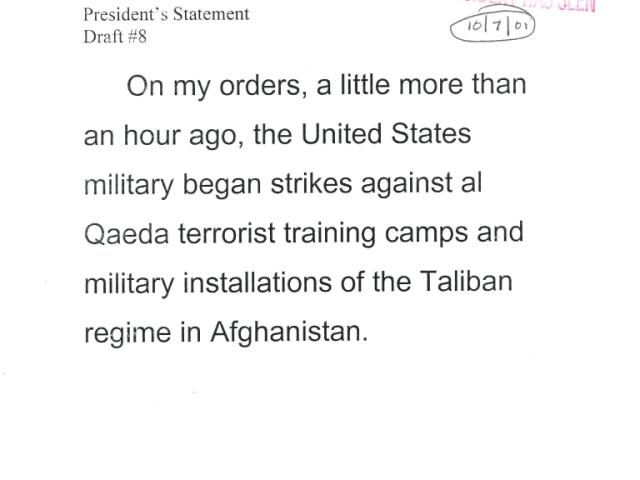
The War In Afghanistan
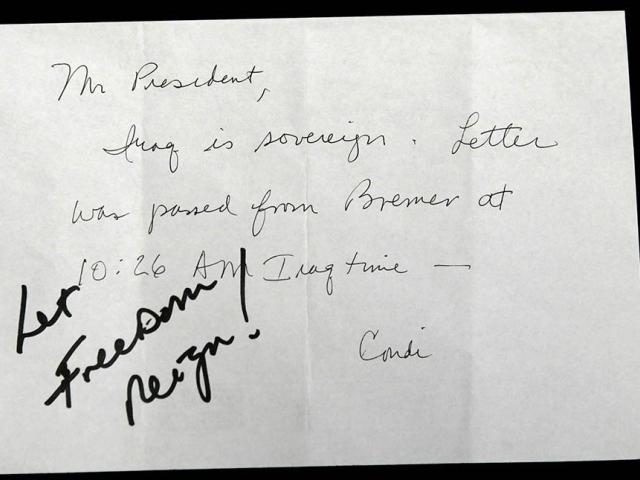
The Iraq War
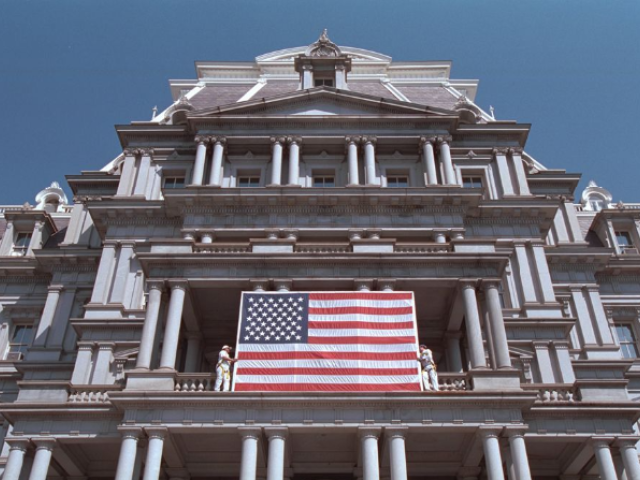
Executive Office of the President
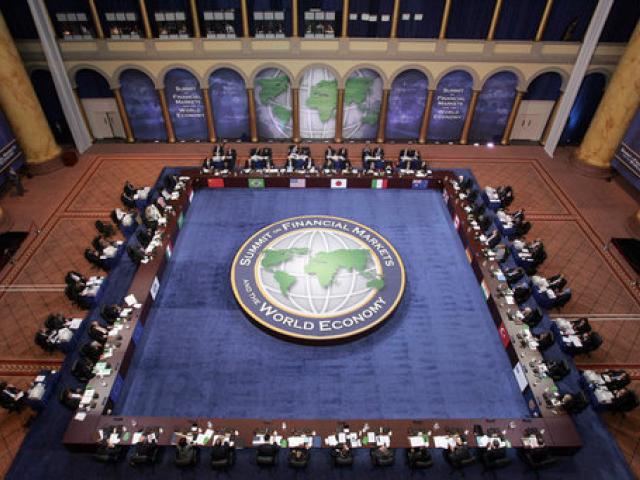
For a guide of the archival records that are open for research, please download the Archival Research Guide:
Economic events during the George W. Bush administration include income tax cuts in 2001 and 2003 and a subprime mortgage crisis in 2007 - 2008 that led to a period known as the Great Recession. Some major themes of President George W. Bush's economy policy include economic stimulus, job creation, economic growth, and fiscal responsibility.

The National Economic Council (NEC) is the principal forum used by the President for considering economic policy matters. The NEC has a four part mission: coordinate the economic policy making process; provide economic policy advice to the President; ensure that economic policy decisions and programs are consistent with the President's stated goals; and monitor the implementation of the President's economic goals. The council forms part of the Office of White House Policy. The Director of the NEC is titled the Assistant to the President for Economic Policy and Director of the National Economic Council. The NEC is distinct from the Council of Economic Advisers (CEA). The CEA provides recommendations and analysis for the President based on objective economic research and empirical evidence and prepares the annual Economic Report of the President. Both the NEC and CEA are part of the White House Offices, a subset of the Executive Office of the President.
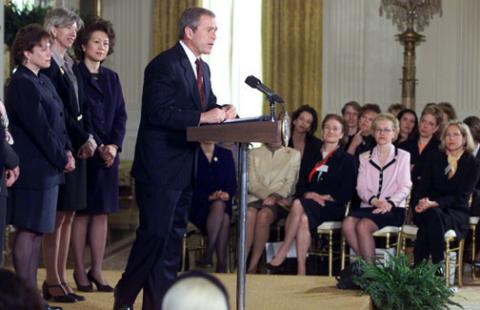
The United States Securities and Exchange Commission (SEC) is an independent federal agency. It has a three part mission: protect investors; maintain fair, orderly, and efficient markets; and facilitate capital formation. The members of the SEC are appointed by the President and the President also designates one of the commissioners as chairman, the SEC's top executive.
The following carefully selected resources, some of which are from the George W. Bush Presidential Library, provide further information about economics and finance in the U.S.
Additional photo essays, Presidential Messages and Statements, press releases, and more from 2001 - 2009 are available through the Archived White House Website.





